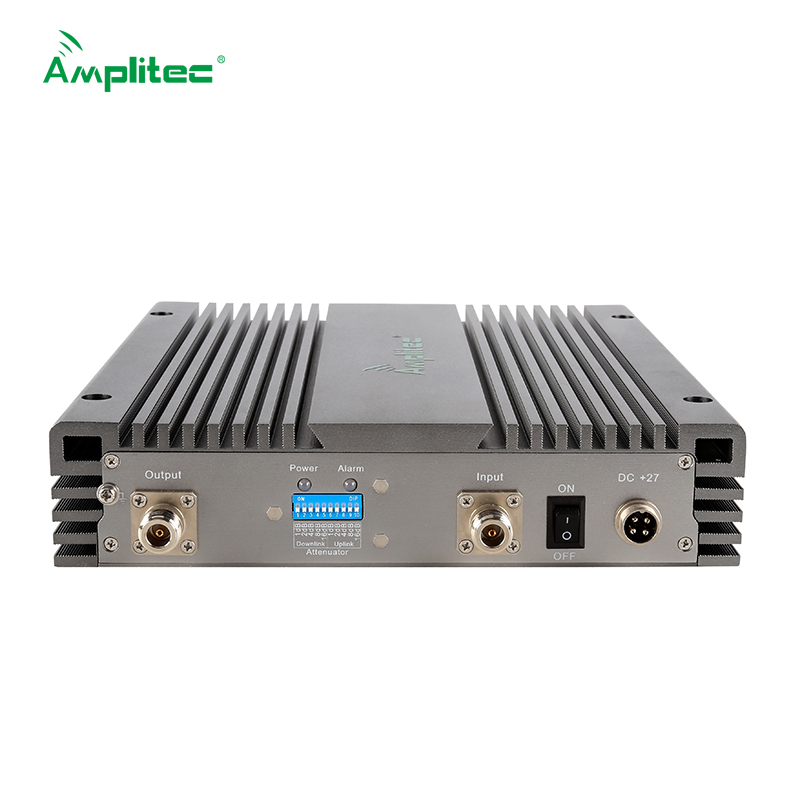A repeater is a device that receives a signal on one frequency and retransmits it on another frequency. This allows the signal to travel farther than it would be able to on its own. Repeaters are used in a variety of applications, including radio communications, telecommunications, and networking.

The basic principles of a repeater are as follows:
The repeater receives the signal on one frequency;
The repeater amplifies the signal;
The repeater retransmits the signal on another frequency;
The repeater's frequency band determines the distance that the signal can travel. For example, a repeater that operates in the VHF band can typically transmit a signal for several miles. A repeater that operates in the UHF band can typically transmit a signal for several tens of miles.
Here are some of the benefits of using repeaters:
Increased range: Repeaters can extend the range of radio communications by several miles or even tens of miles.
Improved signal quality: Repeaters can improve the quality of the signal by amplifying it and retransmitting it on a clear frequency.
Overcoming obstacles: Repeaters can overcome obstacles that would otherwise block the signal, such as mountains and buildings.

Here are some of the limitations of using repeaters:
Cost: Repeaters can be expensive to purchase and install.
Maintenance: Repeaters require regular maintenance to ensure that they are operating properly.
Interference: Repeaters can be susceptible to interference from other radio signals.
Overall, repeaters are a valuable tool for extending the range and improving the quality of radio communications. They are used in a variety of applications, including public safety, amateur radio, and commercial telecommunications.
